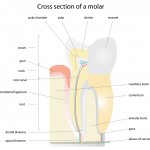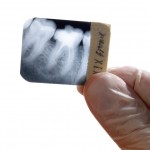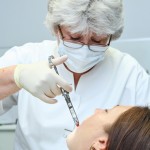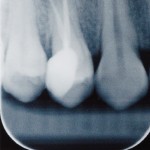
This review evaluating the evaluate the success rate of pulpotomies on permanent teeth using ProRoot MTA, compared to calcium hydroxide or other bioceramic cements included 16 RCTs. The findings suggest better outcomes with MTA than calcium hydroxide. However 10 of the studies were at high risk of bias and the overall certainty of evidence was assessed as low.
[read the full story...]





